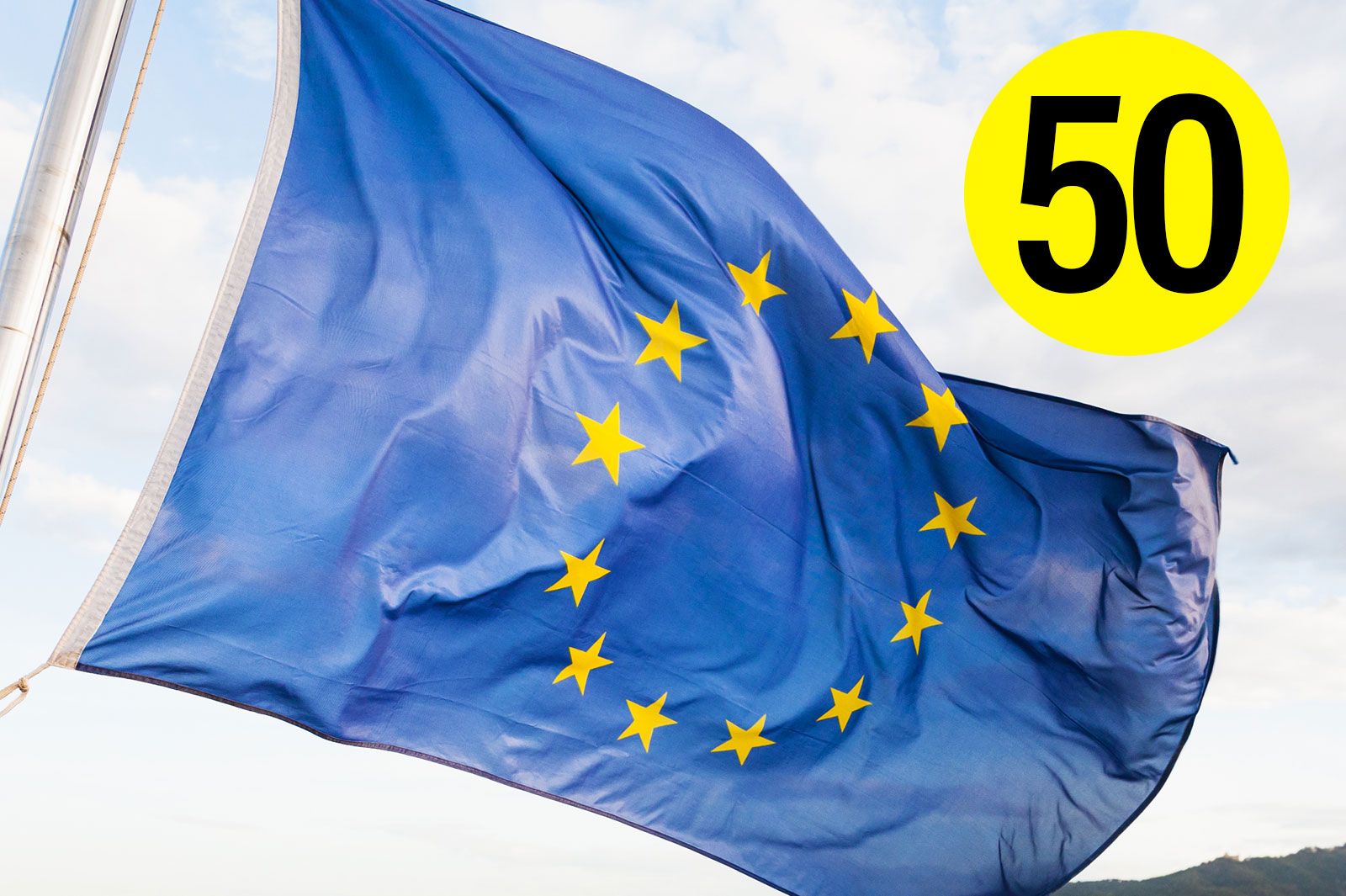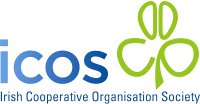
Damien O'Reilly
EU Affairs and Communication Manager, ICOS
Letter from Brussels - May 2023

It was in January 1972 that then Taoiseach, Jack Lynch and Minister for Foreign Affairs at the time, Patrick Hillery signed the Accession Treaty in the Egmont Palace here in Brussels. The following May, 83 per cent of the electorate in Ireland voted to join the EEC, as it was known at the time. This came over a decade after our first – unsuccessful – efforts to join the founding six. On January 1, 1973, Ireland along with the UK and Denmark officially took their places as members.
What may not be so well known is that ICOS and the Irish Farmers’ Association opened offices in the same year to coincide with Ireland joining the EEC. Back then, ICOS was known as the Irish Agricultural Organisation Society (IAOS). The name change happened towards the end of the 1970s. Both organisations foresaw the importance of having a presence in Brussels where all the big decisions would be made that would affect the way of farming back home. In 1973, the Irish economy was predominantly an agricultural economy dependent on exports to the UK. The population was just over three million and farmers accounted for 25 per cent of the total workforce. Today, that figure is just around 4 per cent. Of course, that is skewed by the fact that most of those farms were small and extensive back then. When French president, Charles de Gaulle baulked at allowing the UK to join the EEC in 1963, it was game over for Irish hopes too as entering the EEC without our most-important trading partner would not have worked. But when we eventually joined, it gave farmers access to the Single Market and as the saying goes, the rest is history. Over the past five decades, Irish agriculture and rural development have secured Common Agricultural Policy (CAP) payments of almost €65bn.
Back in those early days, the agriculture minister of the day arguably held the most important cabinet position. Being in the Single Market was a whole new world, literally, for Irish agriculture. And ministers would travel home to waiting reporters with news on funds secured from Brussels. ICOS and the IFA became part of the broader EU umbrella farm organisations, COPA and COGECA, and remain very much part of that family to this day. Greg Tierney was the first man to run the ICOS office in Brussels during those early days. Alan Dukes was the IFA's man in Brussels at the start.
ICOS remains as one of the few representative bodies to maintain a full-time presence in Brussels. Climate change and the war in Ukraine are increasingly shaping the policy proposals from the EU Commission which are coming thick and fast, and which will impact on food production across the EU until the end of the decade. Having an input into shaping the policy is one of the great advantages of being at the coalface in Brussels. Towards the end of April, ICOS and the IFA held a joint reception to mark 50 years in Brussels, a wonderful achievement, and a great night too!






